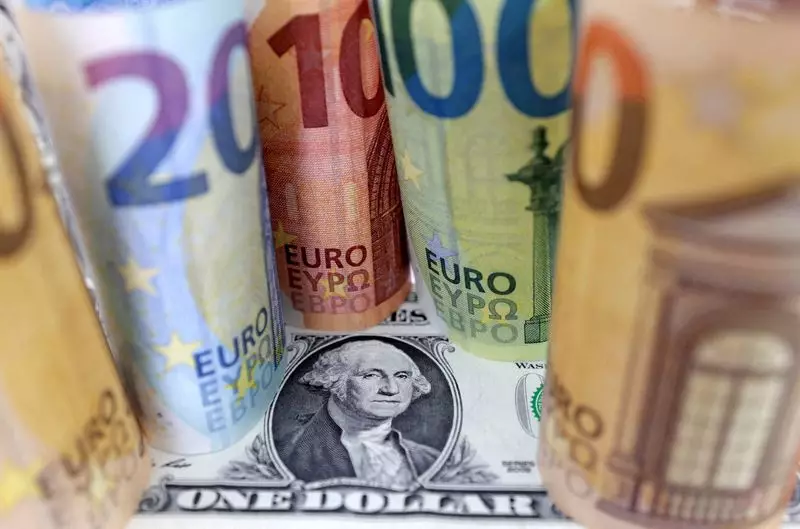The euro strengthened slightly in anticipation of a rate decision by the European Central Bank (ECB), where a rate cut is widely expected. Meanwhile, the dollar weakened as expectations of a U.S. Federal Reserve easing cycle grew. Market participants are closely watching the ECB meeting for insights into the bank’s rate outlook, with potential quarter-point cuts forecasted for September and December. The euro gained against the dollar to $1.0876, while the broader market saw the U.S. dollar under pressure due to softening labor market conditions prompting bets on Fed rate cuts.
Other Major Currencies
Among other major currencies, the Canadian dollar saw a slight uptick after the Bank of Canada cut its key policy interest rate, making it the first G7 country to do so. The yen also strengthened against the dollar by 0.4%, following political uncertainty in emerging markets that triggered investors to unwind carry trades. Both the kiwi and sterling reached new heights, with the kiwi touching $0.6201 and sterling rising to $1.2800. Additionally, the Aussie also experienced a slight increase to $0.6664. The dollar index fell to 104.10.
Yen Strength and BOJ Expectations
The yen recovered some losses from the previous session, driven by factors such as political concerns in emerging markets and potential tapering of bond purchases by the Bank of Japan (BOJ). The BOJ’s upcoming monetary policy meeting next week has raised expectations of a scaling back of its bond purchases, as part of efforts to normalize monetary policy. BOJ Governor Kazuo Ueda hinted at the possibility of tapering the bank’s bond buying in the near future, allowing market forces to influence long-term interest rates. This development has further boosted the yen’s rally against other currencies.
Overall, the currency market has experienced significant movements driven by central bank decisions and economic indicators. The euro and dollar have been at the center of attention, with the ECB and Fed likely to influence market sentiment in the coming months. Additionally, the yen’s resurgence and BOJ’s potential policy changes are key factors to watch as global economic conditions continue to evolve. Traders and investors should stay vigilant and adapt to these dynamic shifts in the currency market to make informed decisions and effectively manage their portfolios.

